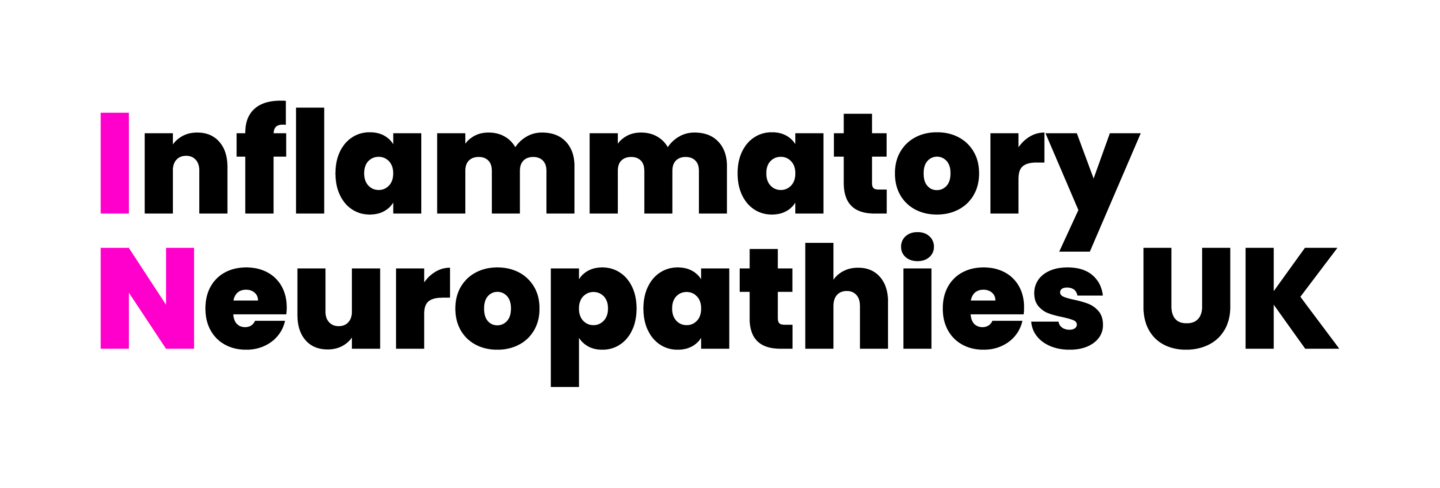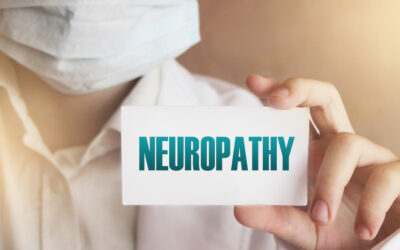OBJECTIVE: COVID-19 has been associated with neurological complications such as Guillain-Barre syndrome (GBS). Several cases have been reported, but without functional outcome data after intensive rehabilitation and medium-term follow-up.
METHODS: In this observational study, patients were admitted in 2019 and 2020 to inpatient rehabilitation for GBS and were examined using the Barthel index, GBS-Disability Scale, and Medical Research Scale-sum score at admission, discharge, and at least 6 months after onset of symptoms. All the participants received personalized, goal-oriented inpatient rehabilitative treatment for the recovery of self-sufficiency in everyday life.
RESULTS: Eleven people with GBS-3 cases related to COVID-19-were admitted in 2019 and 2020 to inpatient rehabilitation. Eight patients with GBS not related to COVID-19 experienced a high complication rate during inpatient rehabilitation, with 2 deaths due to sepsis. In this cohort, a higher prevalence than expected of acute motor axonal neuropathy was also detected. The COVID-19-related GBS (C-GBS) group did not have any complications. After a mean of 10.11 months (SD = 4.46 mo), 55.55% of patients regained autonomous walking.
CONCLUSION: COVID-19-related GBS appeared to have a better clinical outcome than GBS that was not COVID-19 related (NC-GBS). A higher than usual prevalence of acute motor axonal neuropathy form was encountered. More follow-up studies are needed to understand whether the recovery of GBS related to COVID-19 might be different from that of GBS unrelated to COVID-19.
IMPACT: No data are currently available on the follow-up of Guillain-Barré syndrome in the COVID-19 era and on the functional outcome of those patients. This study provides important information indicating that GBS related to COVID-19 might have a better clinical outcome than GBS unrelated to COVID-19.




